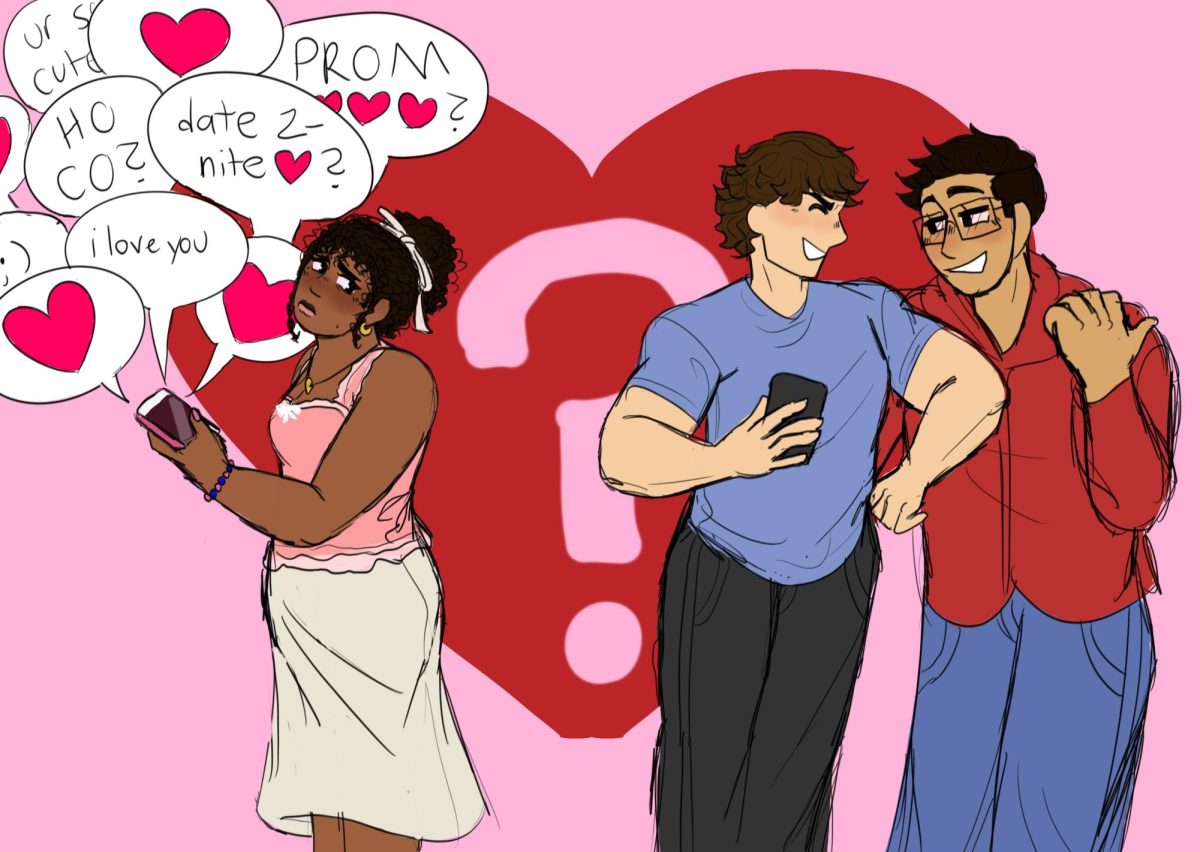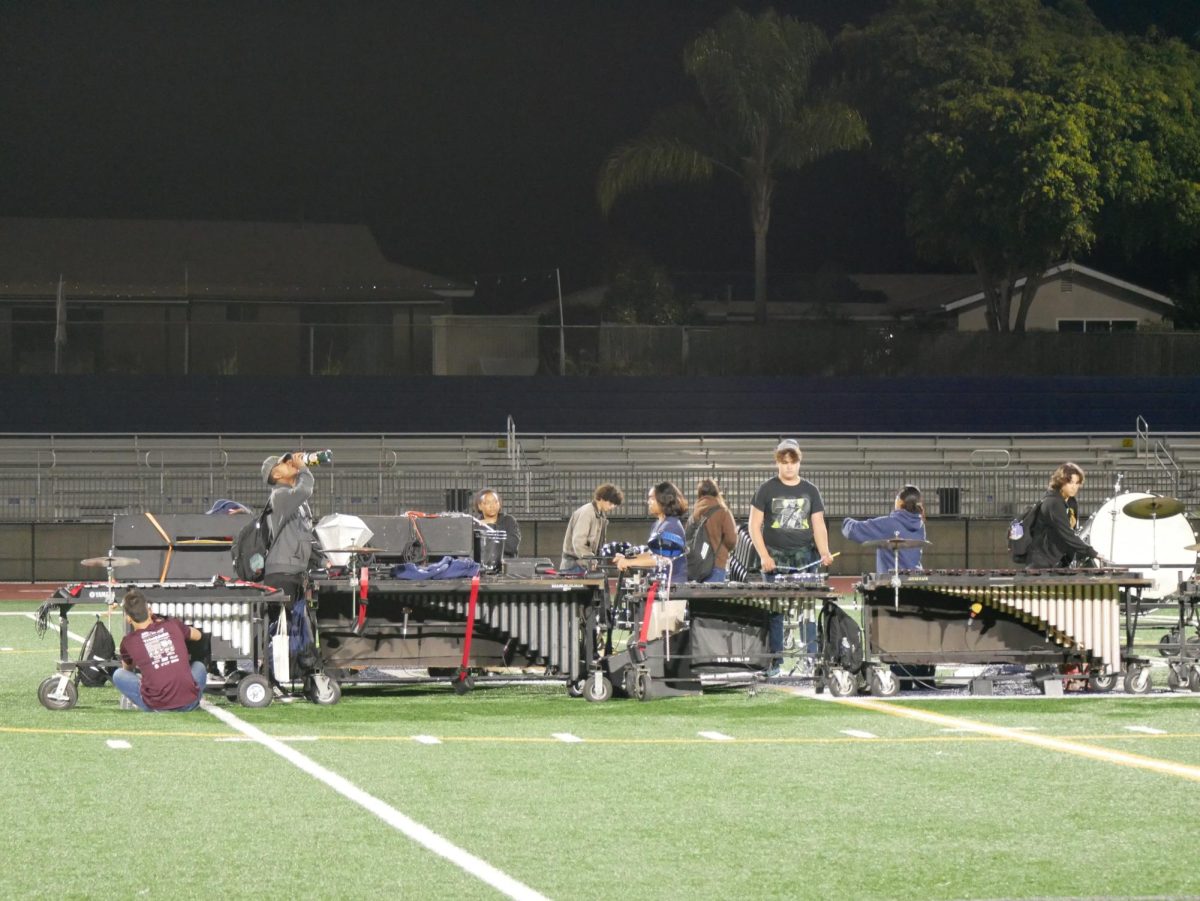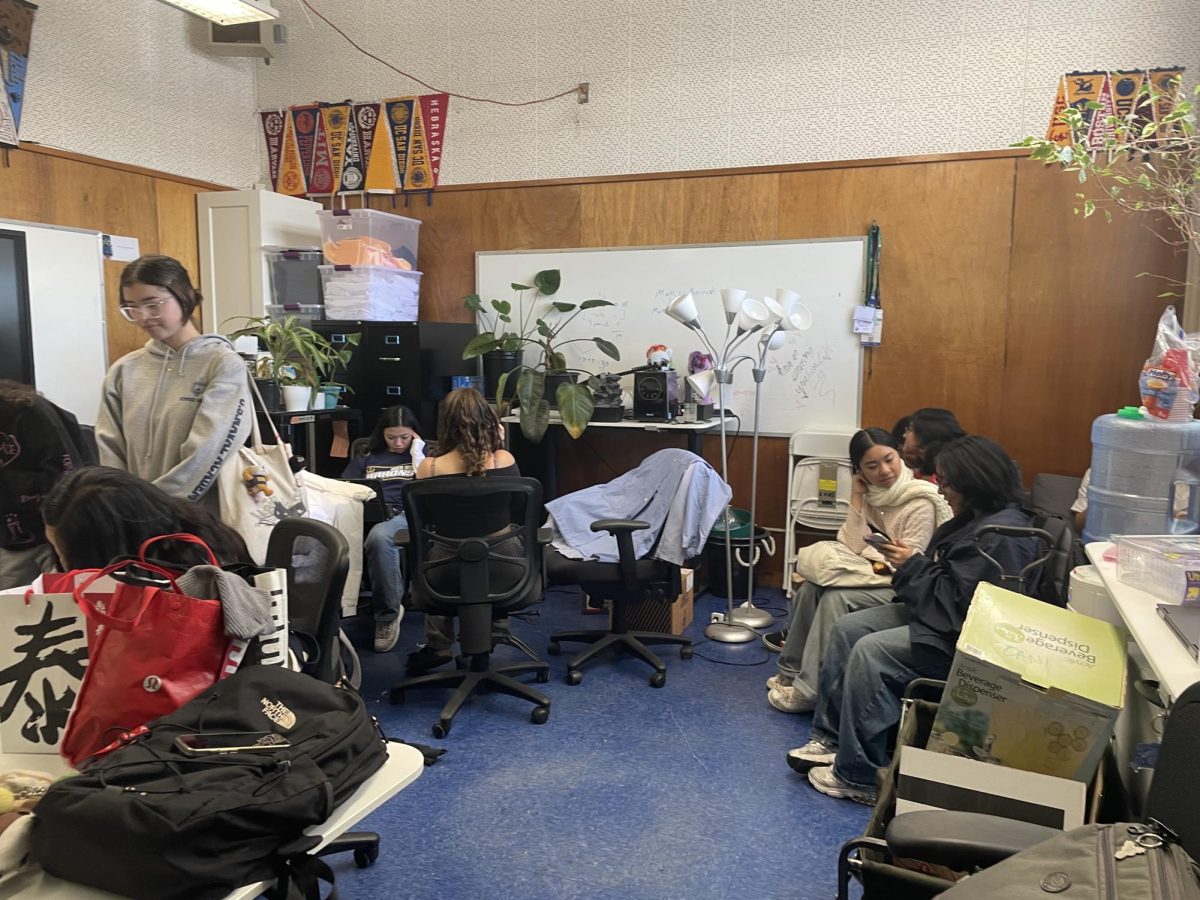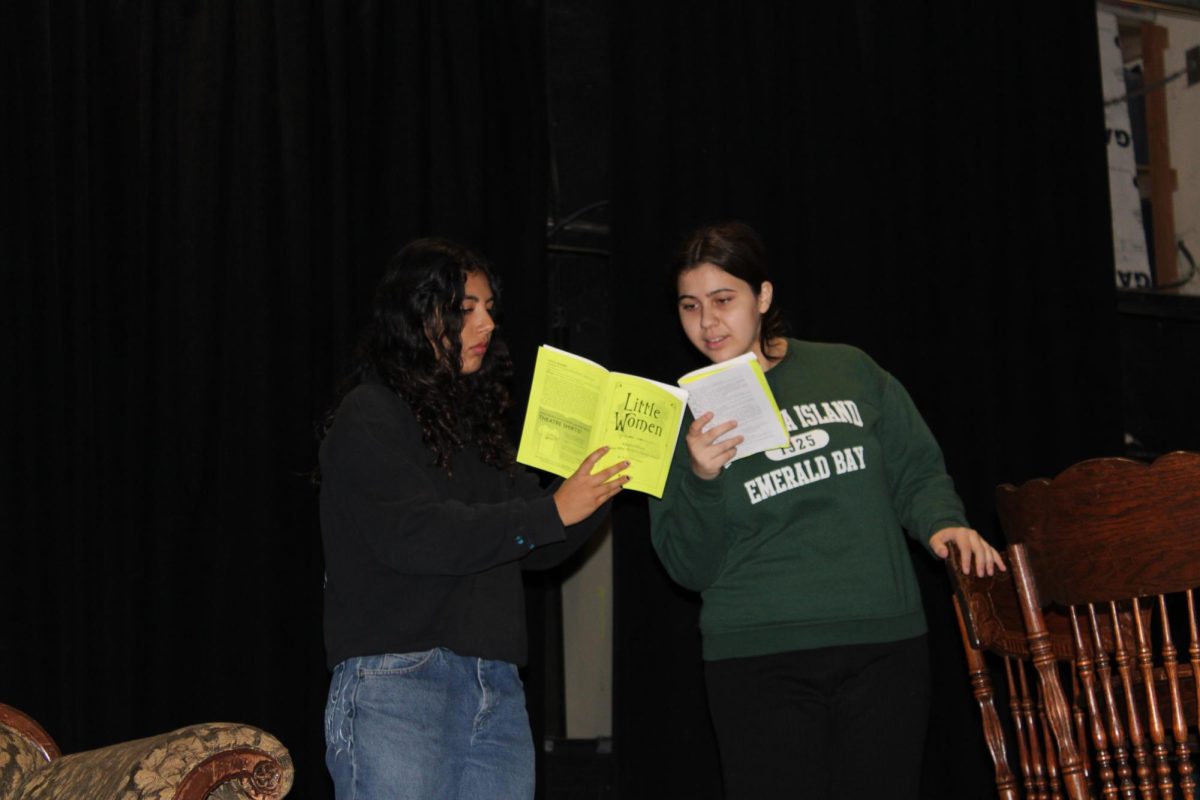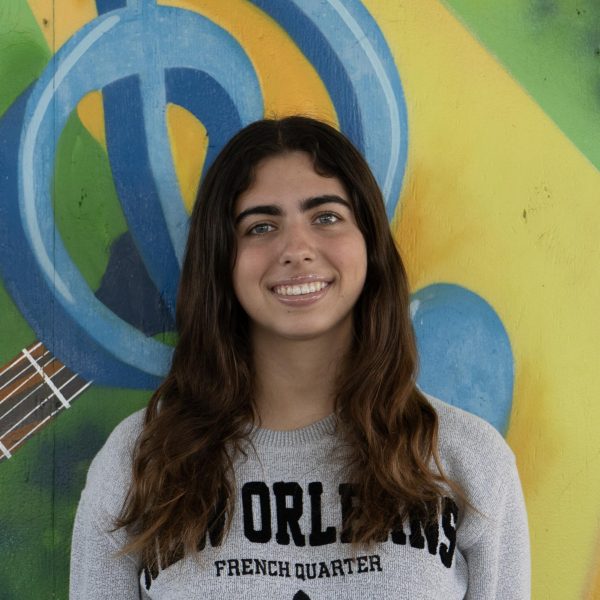Teenage perspective on dating has continuously evolved over the last few years, with the newest development of situationships rapidly gaining popularity at BVH and high schools abound. A “situationship” describes a state in which someone feels an intimate connection to another person but does not know if their feelings are reciprocated. This results in the “situation” they find themselves in while trying to feel out a potential relationship. Situationships have overtaken teenage dating culture and have raised new standards for what a romantic connection can look like.
“[A situationship] is when at least one person is romantically interested in another person and [there] is a casual understanding that there is no commitment [or] labels,” Teacher and Peer Counseling Advisor Laura Lowery said, “There is no guarantee the feelings are mutual. A lot of times one person has one idea of what they want to get out of it and the other person has a different idea.”
The uncertainty of a situationship is what differentiates it from a defined stage of an intimate connection such as a talking stage or relationship. As junior Giselle Vasquez explained, oftentimes there is a massive lack of communication that results in confusion on one or both sides of a situationship. In contrast, labels like a relationship are typically clear for all involved.
“A situationship is very different from a talking stage or relationship because [people are] not getting to know each other on [a serious] level yet and [they] have not professed [a] bond to each other in [a clear] way. [They] do not know what [they] are, compared to a relationship or talking stage [where they] know it is heading somewhere,” Vasquez said.
Consequently, situationships often lack the common aspects of a romantic relationship–the grand (and small) gestures, clear communication and exclusivity. The reason for this is likely the cloudy nature of situationships and those involved questioning if their gestures are too big or small, not knowing because there is no clear label indicating the right direction.
“I think [situationships] take away the romance of being in a relationship. People [in them] do not get the full experience of love and how it was back in the day–the letters and all of that,” Vasquez said, “It takes away from what love really is and how people used to get into relationships. It just messes us up now.”
In contrast, situationships can also give students the ability to explore what they are looking for in a relationship with someone. Senior Michael Maywood explains that although situationships can harm consistent overthinkers, it can also help them work through initial uncertainty about their feelings for someone and what they may want from them.
“[Situationships are] a good experience because it makes [people] think about what [they are] feeling and what their thoughts are on who [they and the other person] are as [people]. [Situationships] have a positive effect on dating culture because [they allow] people [to] really think about if they want to be with a person. It gives them more time to process things,” Maywood said.
Lowery reflects that a lot of the time, the students she talks to do not progress past the situationship stage and instead their connection“drags out” and stays static. This is potentially because of misconceptions about the other person, awkwardness and lack of regular interactions. In fact, Vasquez noticed this in her own experience where the interactions of her situationship started and ended the same way.
“In the beginning we just texted and then we would not talk to each other at school. We would be in the same classroom but we would only be texting each other, and if we did talk it was random and awkward,” Vasquez said.
Not being able to effectively communicate with each other is often what starts and ends situationships, and Lowery has noticed that the extensive confusion that comes with this leads to anxiety and self-doubt related to relationships.
“Interactions tend to be unpredictable and that is what creates a lot of anxiety in a situationship because you are never sure what will come of it. I think students like to tell themselves that it is what they are happy with, but it can affect their self esteem and [cause them to] wonder whether or not they are worthy of a committed relationship,” Lowery said.
Unpredictability and not being fully committed is a negative aspect of situationships for many, but some may find it comforting to have flexibility in how they handle their personal connections.
“I think [a situationship] allows for flexibility and [for someone] to fully get to know the person [they are interested in] without being serious, and then [they] can decide if [they] like them or not,” Lowery said. “It can allow [someone] to date many people and get to know [themself] and what [they] are attracted to–what [they] want and do not want. I am all for students not being in a serious, committed relationship so they can explore their own identity at this stage in their life.”
Situationships, successful or not, foster personal improvement in individuals and their perspectives on relationships, helping them gain a better understanding of what they are looking for and the things that they will avoid in the future. Success rates vary with situationships, but the most influential thing is the growth a person endures during and after one.
“In the end it may not work out and you [might] be sad without even dating them. Just take it slow and get to know the other person. Make sure it is something you both want,” Vasquez said.
Situationships are consistently increasing in teenage dating culture, and whether that is beneficial or not entirely depends on the people involved and how they communicate with each other. Situationships are changing how teenagers look at themselves, other people and relationships. When changes in the landscape of dating such as situationships occur, communication and definitions of relationships change as well.
“If [a situationship] is what you truly want, then enjoy yourself. The trick is taking some time to think about what you want and [whether or not] your needs are being met,” Lowery said.

